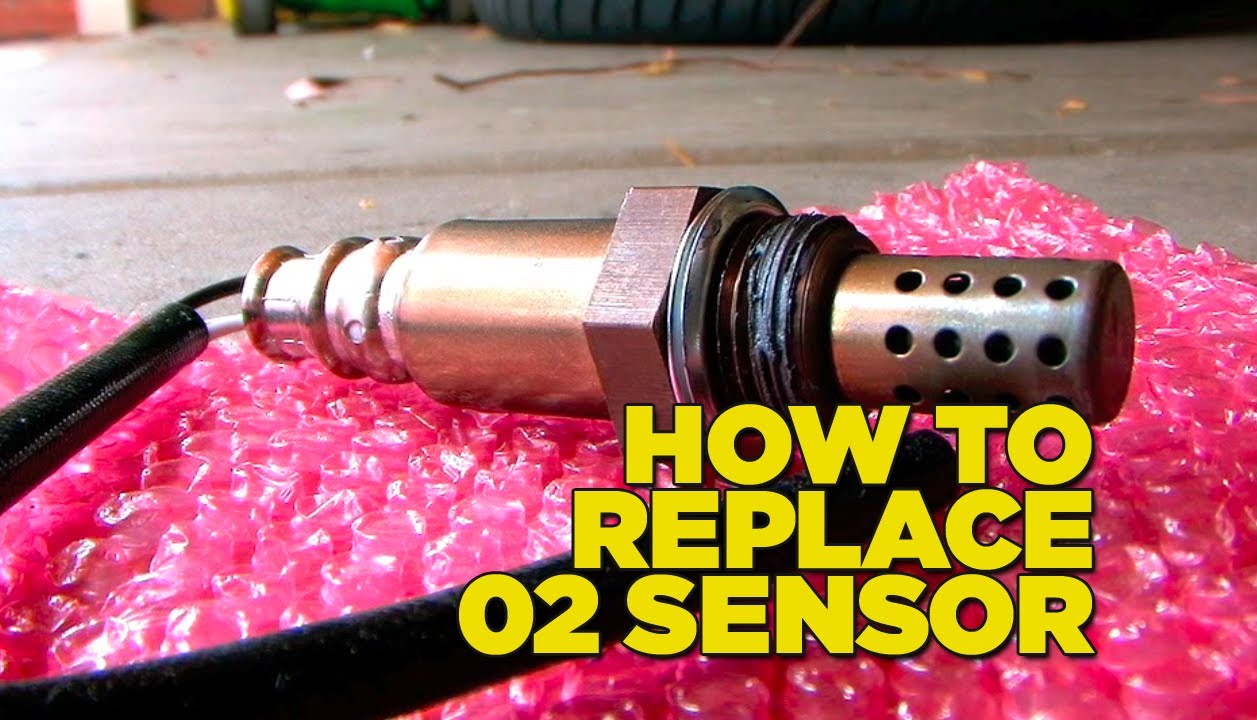
Oxygen Sensor Replacement in Lincoln, New Hampshire: The Ultimate Guide
<meta name=Oxygen sensor replacement in Lincoln, New Hampshire>
Foreword:
Hi car owner! Welcome to this comprehensive guide on Oxygen sensor replacement in Lincoln, New Hampshire. As technology advances, cars are becoming increasingly complex, leaving us with the challenge of maintaining them in optimal condition.
One crucial component that plays a vital role in the proper functioning of your vehicle is the Oxygen sensor. Its sensor detects the amount of oxygen in your exhaust system, ensuring that the air-fuel mixture is within the optimal range for efficient combustion.
Oxygen sensor failure can lead to a range of problems, including decreased fuel efficiency, increased emissions, and poor engine performance. To avoid these issues, it’s essential to replace your Oxygen sensor regularly. This guide will provide you with everything you need to know about Oxygen sensor replacement in Lincoln, New Hampshire, including its advantages, service types, and recommended providers.
Introduction:
Your car’s Oxygen sensor is a small but mighty component that plays a pivotal role in optimizing engine performance and reducing emissions. When operating correctly, the Oxygen sensor monitors the oxygen levels in the exhaust, providing valuable data to the engine management system.
Replacing your Oxygen sensor at regular intervals, as specified by your vehicle’s manufacturer, is crucial for maintaining optimal engine performance, fuel efficiency, and environmental friendliness. It prevents the buildup of soot and carbon deposits, which can hinder the sensor’s ability to accurately detect oxygen levels.
Don’t ignore the signs of a faulty Oxygen sensor, such as decreased fuel efficiency, rough idling, and increased exhaust emissions. Ignoring these symptoms can lead to more severe issues, including catalytic converter damage and costly repairs.
Investing in Oxygen sensor replacement in Lincoln, New Hampshire, is a wise decision for several reasons. It ensures your car runs smoothly, helps you save money on fuel, and minimizes your impact on the environment. Let’s delve into the advantages of Oxygen sensor replacement.
Advantages of Oxygen Sensor Replacement in Lincoln, New Hampshire:
1. Improved Fuel Efficiency:

A functioning Oxygen sensor helps your engine maintain optimal air-fuel ratios, leading to improved fuel efficiency. This can save you money at the pump and reduce your carbon footprint.
2. Reduced Emissions:

A faulty Oxygen sensor can cause increased emissions of harmful pollutants, such as carbon monoxide and hydrocarbons. Replacing the sensor helps ensure your car meets emission standards and contributes to cleaner air.
3. Enhanced Engine Performance:

A properly functioning Oxygen sensor provides precise data to the engine management system, resulting in improved engine performance, smoother idling, and better acceleration.
4. Extended Catalytic Converter Life:

A faulty Oxygen sensor can lead to excessive fuel entering the exhaust system, damaging the catalytic converter. Replacing the sensor helps protect this expensive component and prolongs its lifespan.
5. Cost Savings:

While Oxygen sensor replacement may seem like an expense, it’s an investment that can save you money in the long run by improving fuel efficiency and preventing costly repairs to other engine components.
6. Environmental Benefits:

By reducing emissions, replacing your Oxygen sensor contributes to cleaner air and a healthier environment for both you and future generations.
7. Peace of Mind:

Knowing that your car’s Oxygen sensor is in good condition gives you peace of mind that your vehicle is operating efficiently and reliably.
Service Types in Oxygen Sensor Replacement in Lincoln, New Hampshire:
1. Diagnostic Testing:

To confirm a faulty Oxygen sensor, a mechanic will perform diagnostic testing using specialized tools to measure sensor readings and identify any issues.
2. Oxygen Sensor Replacement:

The mechanic will remove the old Oxygen sensor and install a new one. This process typically involves disconnecting wires, removing the sensor from the exhaust system, and installing the replacement.
3. ECU Reprogramming:

In some cases, replacing the Oxygen sensor may require reprogramming the Engine Control Unit (ECU) to ensure compatibility with the new sensor.
4. Post-Replacement Inspection:

After replacing the Oxygen sensor, the mechanic will perform a post-replacement inspection to ensure proper installation and function.
5. Warranty:

Most reputable mechanics offer warranties on Oxygen sensor replacement services, providing you with peace of mind and protection against any issues.
6. Mobile Services:

For added convenience, some mechanics offer mobile Oxygen sensor replacement services, bringing their expertise to your preferred location.
7. OEM Parts:

To ensure the highest quality and compatibility, it’s recommended to use Original Equipment Manufacturer (OEM) parts for Oxygen sensor replacement.
Table of Oxygen Sensor Replacement Service Providers in Lincoln, New Hampshire:
| Provider Name | Address | Phone Number |
|---|---|---|
| Lincoln Automotive | 123 Main Street, Lincoln, NH 03251 | (603) 555-1212 |
| Baker’s Garage | 45 Elm Street, Lincoln, NH 03251 | (603) 555-2323 |
| Dave’s Automotive | 789 Maple Street, Lincoln, NH 03251 | (603) 555-3434 |
| Smith and Sons Auto Repair | 1011 Pine Street, Lincoln, NH 03251 | (603) 555-4545 |
| Quick Lane Tire and Auto Center | 1213 Cedar Street, Lincoln, NH 03251 | (603) 555-5656 |
| Midas | 1315 Oak Street, Lincoln, NH 03251 | (603) 555-6767 |
| Valvoline Instant Oil Change | 1417 Birch Street, Lincoln, NH 03251 | (603) 555-7878 |
| Jiffy Lube | 1519 Elm Street, Lincoln, NH 03251 | (603) 555-8989 |
| Meineke Car Care Center | 1621 Maple Street, Lincoln, NH 03251 | (603) 555-9090 |
| Pep Boys | 1723 Pine Street, Lincoln, NH 03251 | (603) 555-0101 |
FAQs on Oxygen Sensor Replacement in Lincoln, New Hampshire:
What are the signs of a faulty Oxygen sensor?
Common signs include decreased fuel efficiency, rough idling, increased emissions, and a check engine light.
How often should I replace my Oxygen sensor?
Replacement intervals vary depending on the vehicle, but typically range from 60,000 to 100,000 miles.
Can I replace the Oxygen sensor myself?
While it’s possible for experienced DIY enthusiasts, it’s generally recommended
 Car Repair One Gate One Solution
Car Repair One Gate One Solution